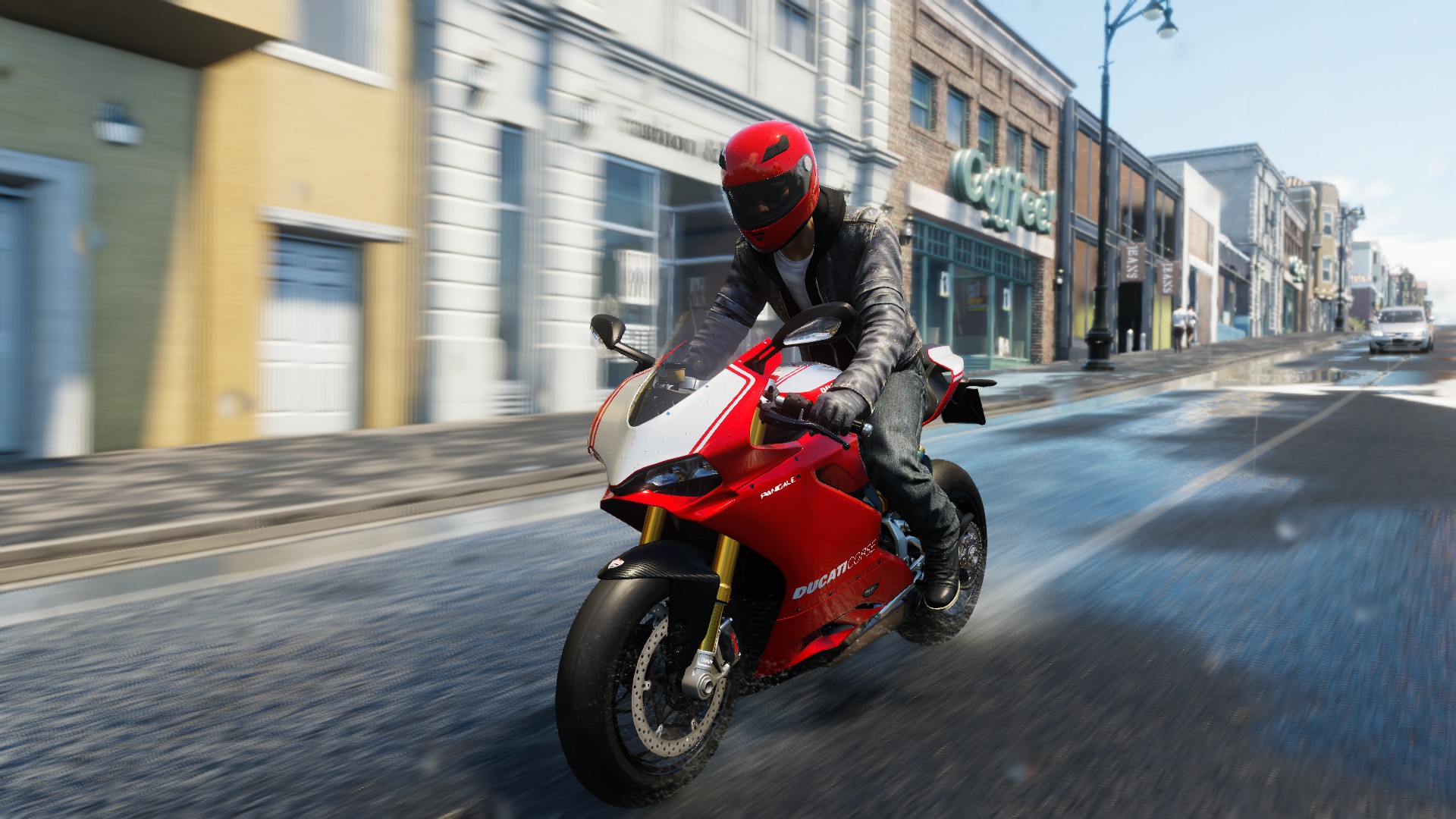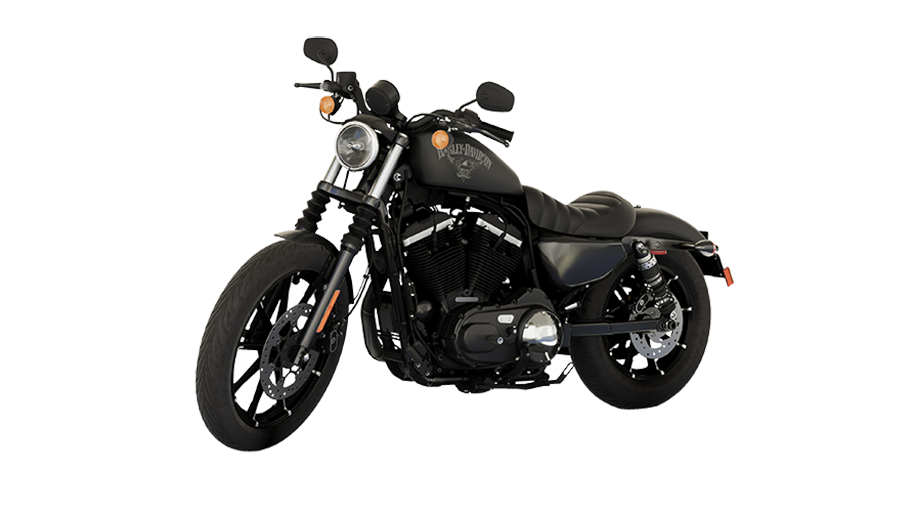
“Destroying it was absolutely not necessary”, explained Jonathan McDowell, astronomer, to AFP, about the Russian anti-satellite test on Cosmos 1408. NASA boss Bill Nelson took to Twitter to say he was assertive “Scandalized by this irresponsible and destabilizing action”, before adding that it is “Unthinkable that Russia would endanger not only American astronauts and international partners in the ISS, but also its own cosmonauts”. To avoid the threat, the ISS made a change in its trajectory (a frequent exercise, but one which rarely encounters actions of this kind, unplanned and of great magnitude). If the probability of a collision was too high, the mission would have led them to a hasty return to Earth.

Inside the International Space Station (ISS), the seven astronauts on mission all executed a plan in their respective ships (Dragon and Soyuz).

The Russian space agency has not spoken about the origin of its anti-satellite fire. But as a result of these tests, “ over 1,500 traceable orbital debris, and hundreds of thousands of smaller pieces of orbital debris that now threaten the interests of all nations ” were created, indicated the American. The test, carried out this weekend, targeted another satellite, inactive since the 1980s, called Cosmos 1408. The Federal State accuses Russia of having fired an anti-satellite missile.

Shortly thereafter, the United States responded through its State Department spokesman, Ned Price. The Russian space agency was the first to mention it. The International Space Station had to cut off his astronauts after the message of a potential collision with a space debris cloud, Monday, November 15 between 2 a.m.


 0 kommentar(er)
0 kommentar(er)
